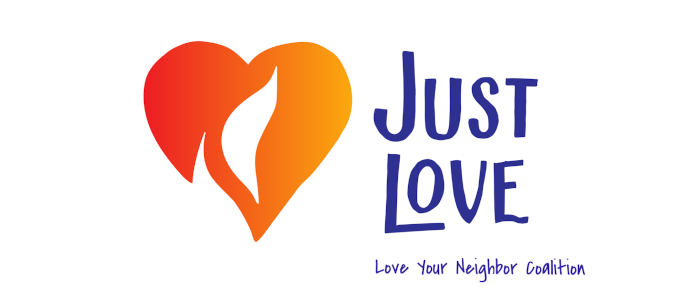MFSA Plumbline - Ableism and Audism
Background
At this upcoming General Conference, delegates will likely be bombarded with a myriad of legislation and resolutions to be voted upon. However, tucked in all the pages and pages of legislation is one vital piece that supports the protection and support for deaf and hard of hearing persons and people with disabilities. The “Overcoming Ableism and Audism” legislation submitted by the General Commission on Religion and Race (GCORR) confronts the wider church regarding the bias and prejudices experienced by deaf and hard of hearing people and people with disabilities. This first of its kind resolution sets forth the common problems these populations face and offers pathways for reducing and eliminating ableism and audism in order for them to better thrive in the church.
Understanding the Issue
The legislation explains how ableism and audism are barriers to deaf and hard of hearing persons and people with disabilities. Ableism is the negative bias and discrimination towards persons with disabilities often experienced due to architectural, attitudinal, and programmatic barriers within the church. Audism is the negative bias and discrimination towards people who are deaf and hard of hearing that limits their discipleship and leadership due to communication barriers and lack of cultural awareness, and to the church’s impediment of hospitality. The legislation recommends the church’s commitment toward diversity and inclusion for these populations so the church will better live into the church Paul writes about in his letter to the church in Corinth (1 Corinthians 12). Churches, annual conferences, and general agencies are provided with resources and recommendations based on the experiences of the deaf caucus (deaf and hard of hearing people) and the disability caucus (people with disabilities instead of from hearing and abled-body persons.
Values
Diversity
Inclusion
Welcome
Eliminating barriers
Accessibility
Expanding capacity to share God’s love with all people
Learning
Analysis
Our Justice-seeking position supports the wider church to become more aware of the frustrations and barriers that these populations face due to the lack of understanding, the abled-body privilege and hearing privilege that blinds persons to the realities experienced by people with disabilities and people who are deaf and hard of hearing. Removing ableism and audism is the heart of this justice-seeking position so these populations can better thrive and grow in their discipleship.
Resources
The World Health Organization estimates 1 in 10 people will be affected by hearing loss by 2050. Currently, over 5% of the world’s population is impacted by hearing loss. The Hearing Loss Association of America notes that one-in-three 65 year old adults have mild hearing loss. The WHO also estimates 1.3 billion people – 16% of the global population – experience a significant disability, which is 1 in 6 people. Looking at pew numbers, these statistics indicate that all of our churches have persons with hearing loss and people with disabilities. Stigma, discrimination, and exclusion are often barriers which inhibit participation. Christ, in his parable of the Great Banquet (Luke 14), explains that these populations should be invited so “his house can be full.” By partnering and using resources provided by the Deaf and Hard of Hearing Ministries Committee, which is a partner with Global Ministries, and the Disability Ministries Committee, a partner with GCORR, along with the disability caucus and deaf caucus, churches are empowered to be inclusive, supportive, and welcoming to deaf and hard of hearing people and people with disabilities by for instance observing special Sundays, reviewing language used, and offering invitation to be in leadership.
To learn more about the committees and the caucuses, you are invited to check them out at:
United Methodist Congress of the Deaf (Deaf Caucus)
Deaf and Hard of Hearing Ministries Committee (Official Steering Committee)
Association of Ministers with Disabilities (Disability Caucus)
Recommended Action
Vote YES on Petition Number: 20845-CB- page 1241 of ADCA Vol. 3 “Overcoming Ableism and Audism”
This document was prepared in collaboration with the United Methodist Congress of the Deaf (UMCD).
MFSA and UMCD are members of the Love Your Neighbor Coalition. Learn more at www.lyncoaltion.org.
MFSA Plumbline: Ableism and Audism www.mfsaweb.org
© 2024, Methodist Federation for Social Action
